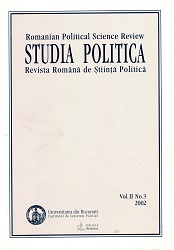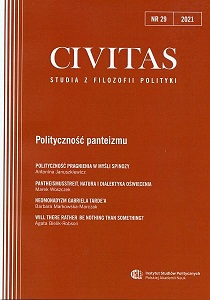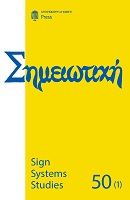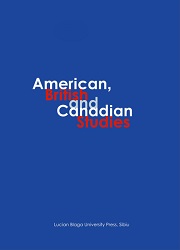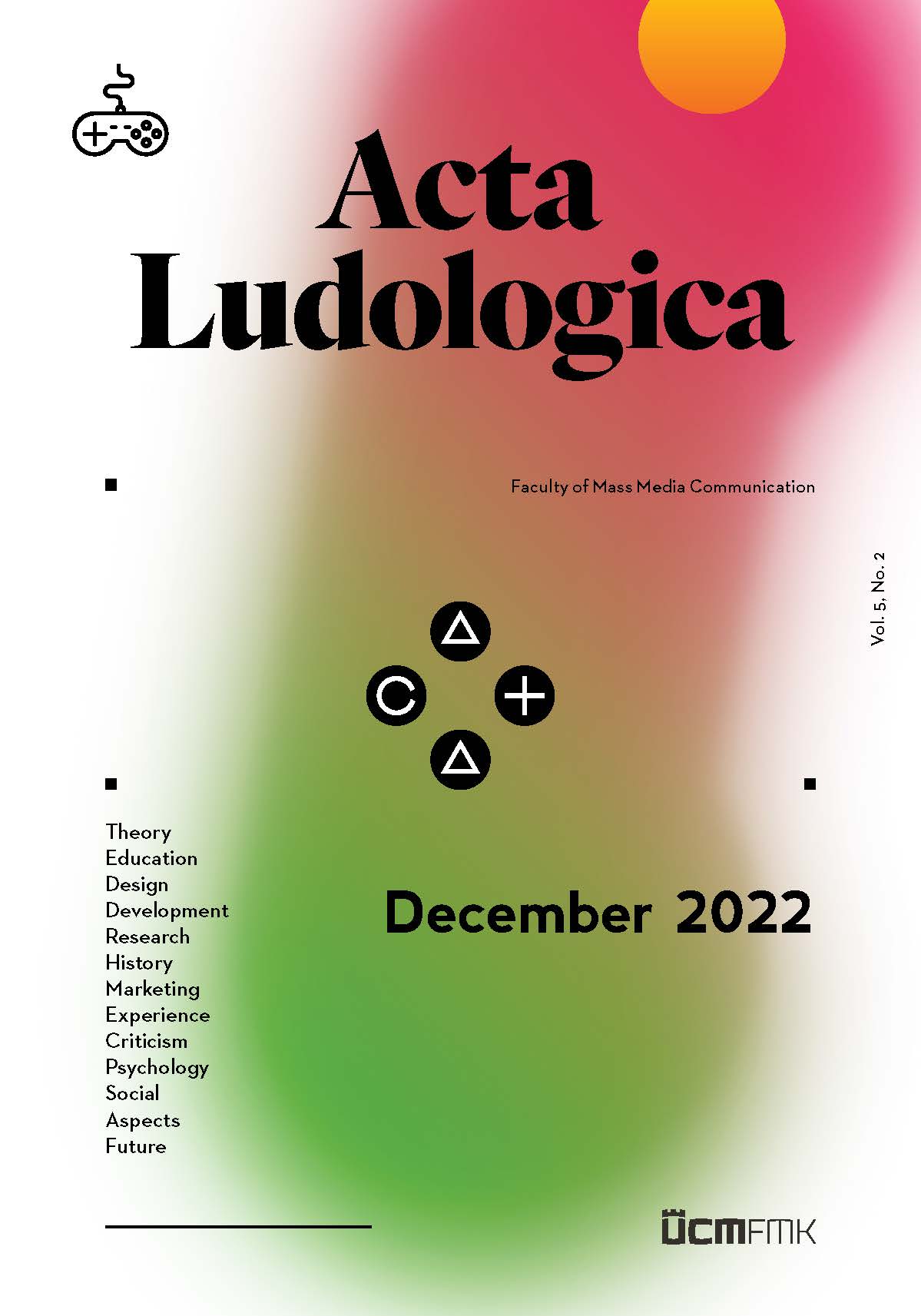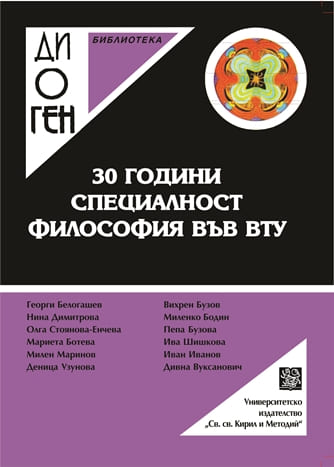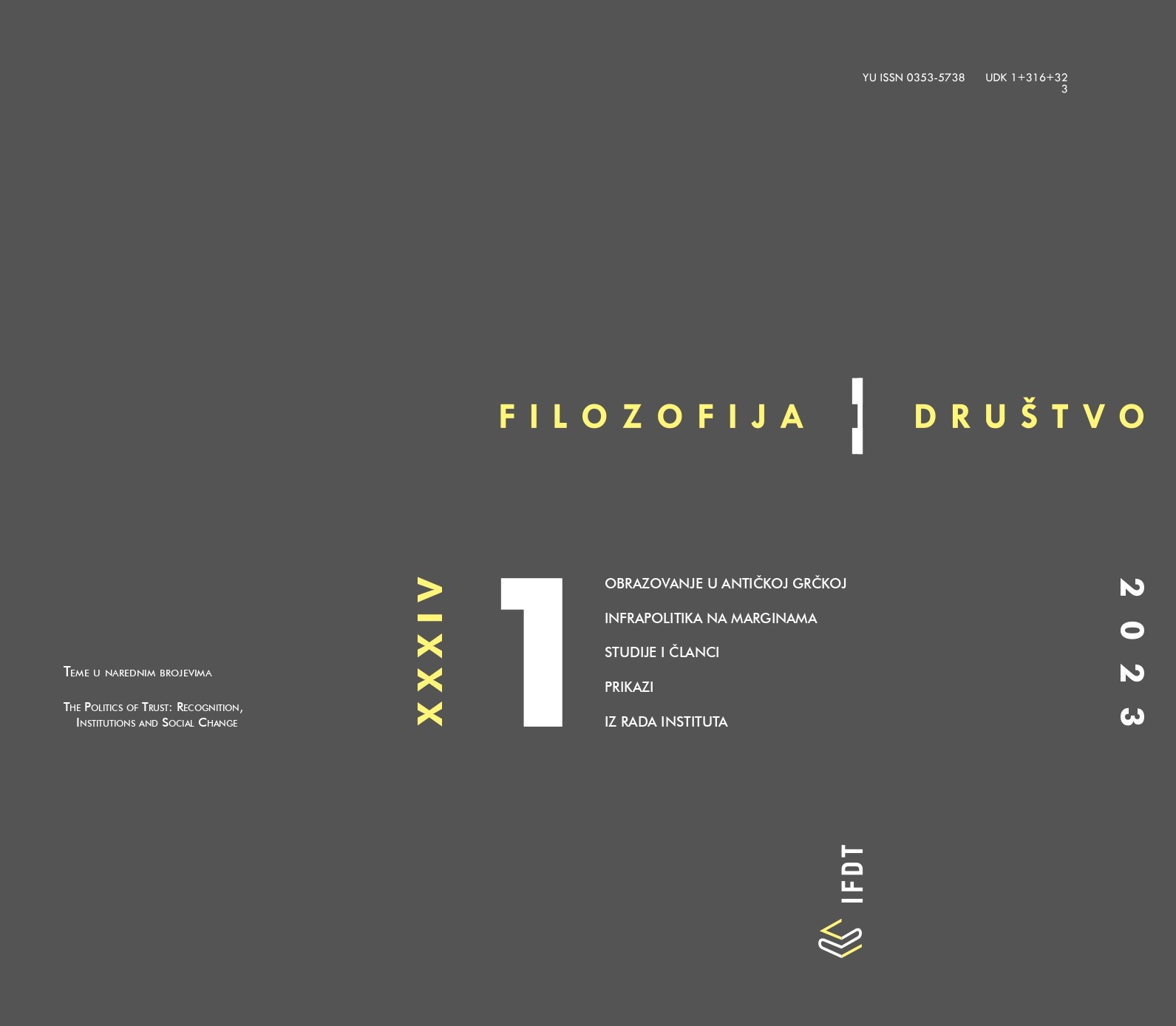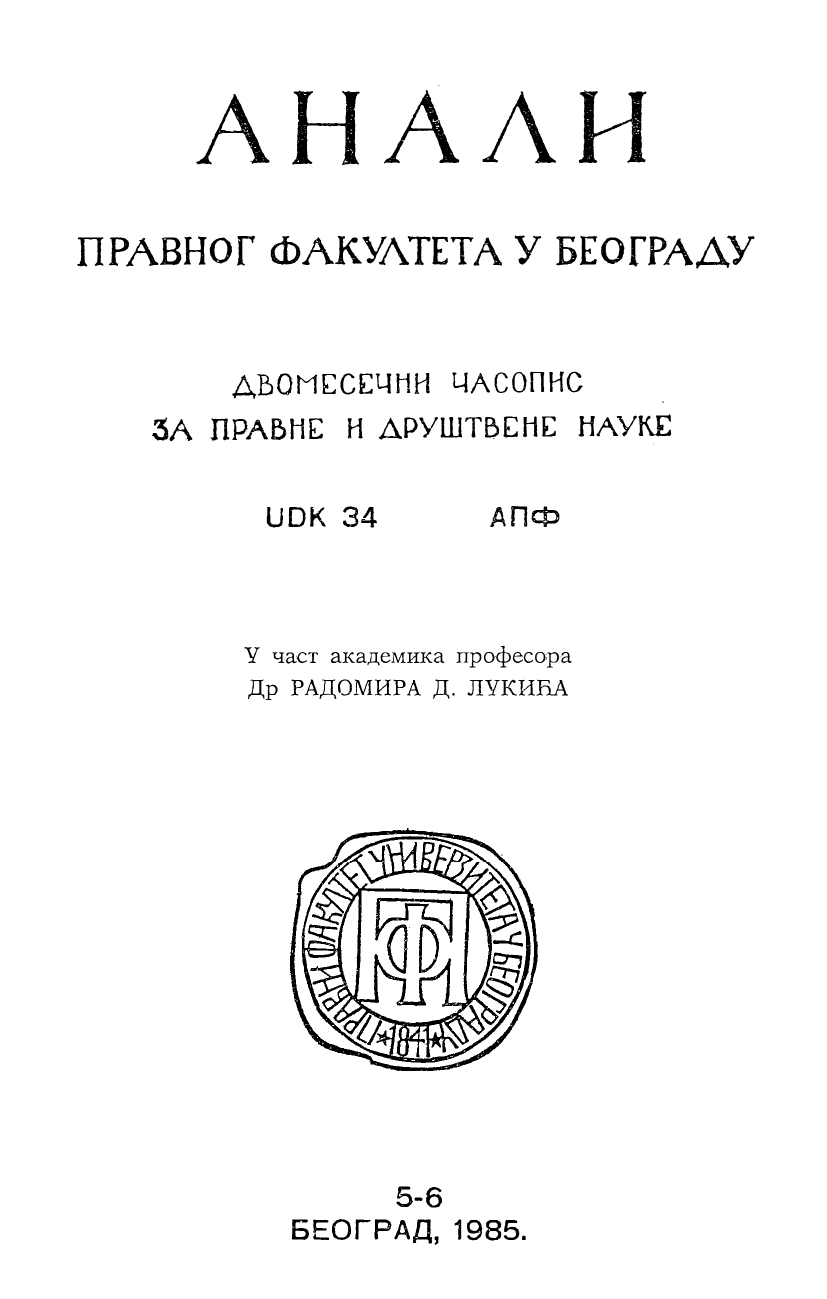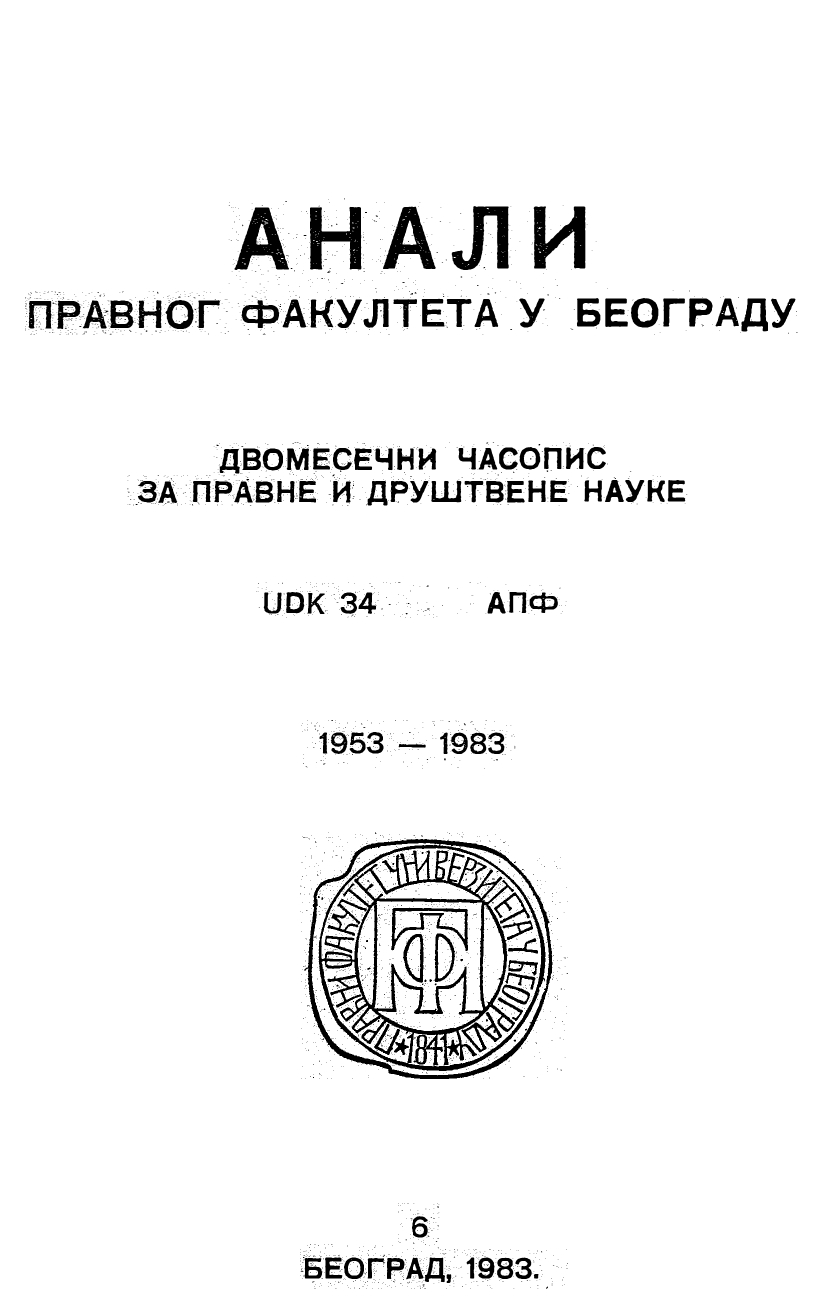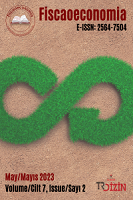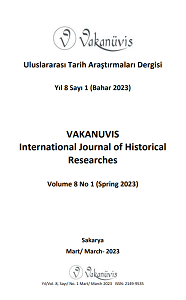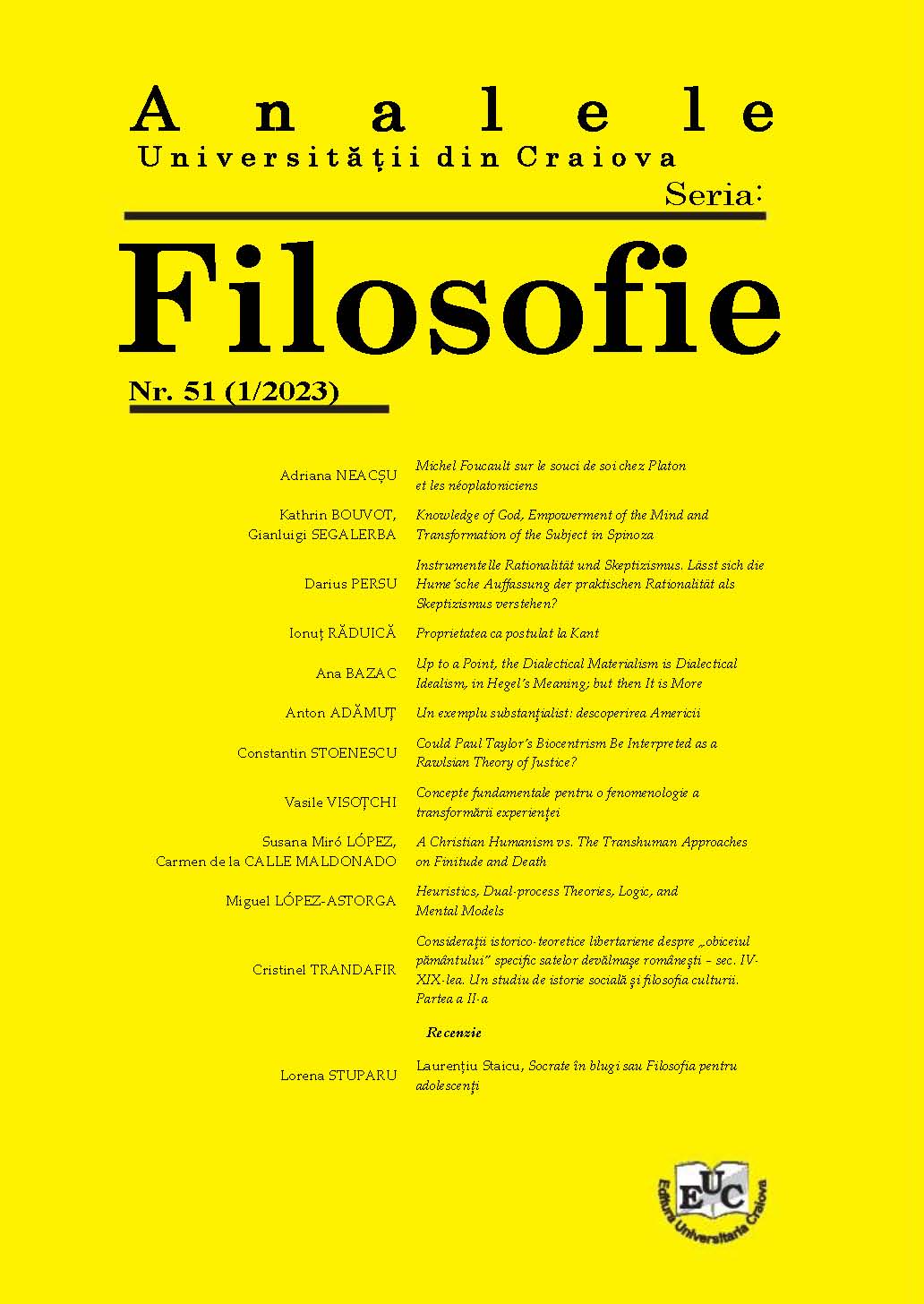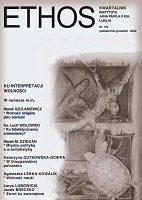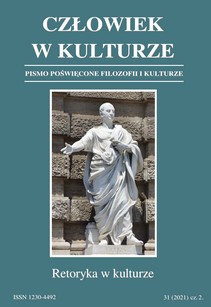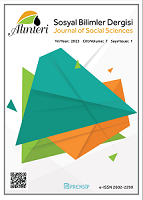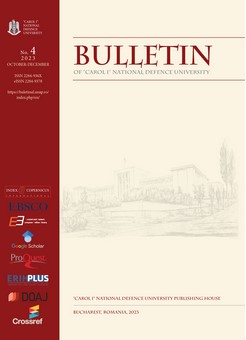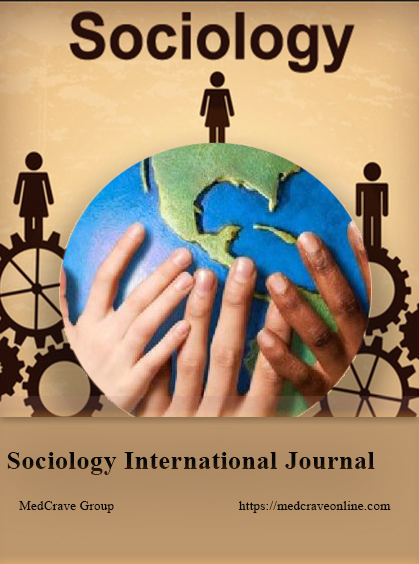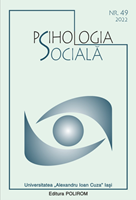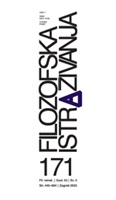Author(s): Olawale Olufemi Akinrinde,Kayode Wakili OLAWOYIN / Language(s): English
Issue: 04/2023
This study probes into the globalist and Marxian perspectives on human insecurity in Sub-Saharan Africa, with a particular focus on Nigeria and South Africa. By employing a case-study methodology and data from relevant secondary and archival sources, the study seeks to understand the effects of globalization, globalist ideologies, and Marxist ideologies on human insecurity in the region. While previous studies have primarily attributed human insecurity in Africa to internal factors, such as corruption, self-destructive public policies, poverty, environmental degradation, militancy, and insurgency, the globalist and Marxist contexts of the insecurity have received limited scholarly attention. While findings partly confirm that most human insecurities in the region are largely influenced by internal factors, the global environment, encompassing job insecurity, global warming, deadly viruses and pandemics, transnational crimes, drugs, and interstate conflict, also plays a significant role. The study further uncovers the exploitative, oppressive, and conflict-ridden interactions between the bourgeoisie and proletariats in Sub-Saharan Africa, thereby contributing to unfairness, deprivation, and conflicts that usually morph into human insecurity. To mitigate human insecurity in Sub-Saharan Africa, the study proposes a collaborative global approach and a more equitable distribution of resources within the state. Understanding the globalist and Marxian foundations of human insecurity can provide valuable insights for policymakers and stakeholders in devising comprehensive strategies to address this pressing issue in the region.
More...
